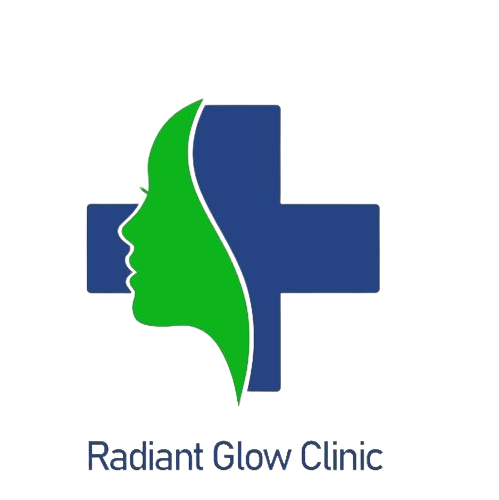
Every woman benefits from contraceptive counselling and provision through informed decision-making, improved health outcomes, enhanced autonomy, and societal gains. Comprehensive counselling empowers women to choose methods aligned with their medical history, lifestyle, and reproductive goals, thereby reducing unintended pregnancies and maternal mortality. Access to a full range of contraceptive options fosters gender equity by enabling women to pursue education and careers without unplanned interruptions. Health systems that integrate rights-based, client-centred counselling and ensure affordable, timely provision of contraception not only support individual well-being but also advance public health and economic development.
Enabling Informed Choice
Effective contraceptive counselling provides tailored information on the range of methods—barrier, hormonal, long-acting reversible, and permanent—helping women understand efficacy, side effects, and correct use
World Health Organization
CDC
. By exploring personal preferences and medical history, counselling ensures selection of methods that optimize adherence and satisfaction
PMC
. Patient-centred approaches, recommended by ACOG, foster shared decision-making, allowing clinicians to address misconceptions, cultural beliefs, and concerns about fertility or side effects
ACOG
.
Rights-Based Information
WHO emphasizes that contraceptive information and services are fundamental human rights, enabling individuals to determine if and when to have children
World Health Organization
. Rights-based counselling respects autonomy by offering unbiased, noncoercive guidance on all available methods, including emergency contraception and long-acting reversible contraceptives (LARCs)
PMC
.
Improving Health Outcomes
Contraceptive provision linked with counselling dramatically lowers rates of unintended pregnancies; nearly half of unintended pregnancies globally result from non-use or inconsistent use of contraception
PMC
. By preventing mistimed or unwanted pregnancies, counselling contributes to reductions in unsafe abortions and associated morbidity
PMC
.
Reducing Maternal Mortality
Family planning through effective counselling and access to contraception has a direct impact on maternal mortality. Increased contraceptive use from 1990 to 2005 averted over one million maternal deaths by preventing high-risk and high-parity births, lowering the maternal mortality ratio
PubMed
The Lancet
.
Preventing Adverse Pregnancy Outcomes
Counselling also addresses prevention of ectopic and molar pregnancies, and can incorporate STI prevention through barrier methods, improving overall reproductive health
PMC
.
Empowerment and Socioeconomic Benefits
When women control their fertility, they can pursue education and economic opportunities, contributing to community and national development
PMC
PMC
. Guttmacher Institute research highlights that equitable access to high-quality, affordable contraceptive services is vital to reducing poverty and promoting gender equality
Guttmacher Institute
.
Enhancing Autonomy
Empowerment through counselling strengthens women’s decision-making power over household and reproductive matters, fostering autonomy and self-confidence
PMC
.
Ensuring Adherence and Continuation
Ongoing counselling supports method adherence by addressing side-effect management, lifestyle changes, and method switching when needed
PMC
. Standardized tools, such as the MMAS-4 adherence scale, enable providers to identify potential non-adherence and offer tailored follow-up
PubMed
.
Continuity of Care
Regular follow-up visits and open communication help women troubleshoot issues early, reducing discontinuation rates and protecting against gaps that can lead to unintended pregnancy
UpToDate
.
Strengthening Health Systems
Integrating contraceptive counselling and provision into primary care and community outreach ensures no woman is left behind. Programs like CDC’s NBCCEDP demonstrate that offering no-cost contraception prevents costly emergency care and reduces health disparities
CDC
.
Policy and Investment
Sustained public investment in provider training, supply chains, and community education is essential. Data-driven advocacy, as promoted by Guttmacher Institute, supports policies that expand method choice and remove financial and logistical barriers
Guttmacher Institute
.
Every woman deserves comprehensive contraceptive counselling and provision as a cornerstone of her reproductive rights, health, and socio-economic empowerment. By ensuring informed choice, enhancing adherence, and integrating services into robust health systems, societies can achieve better health outcomes, gender equity, and sustainable development.
